
The 20 for 20 Solidarity Awards 2023
The Power of Women as Change Agents
Resilience Award
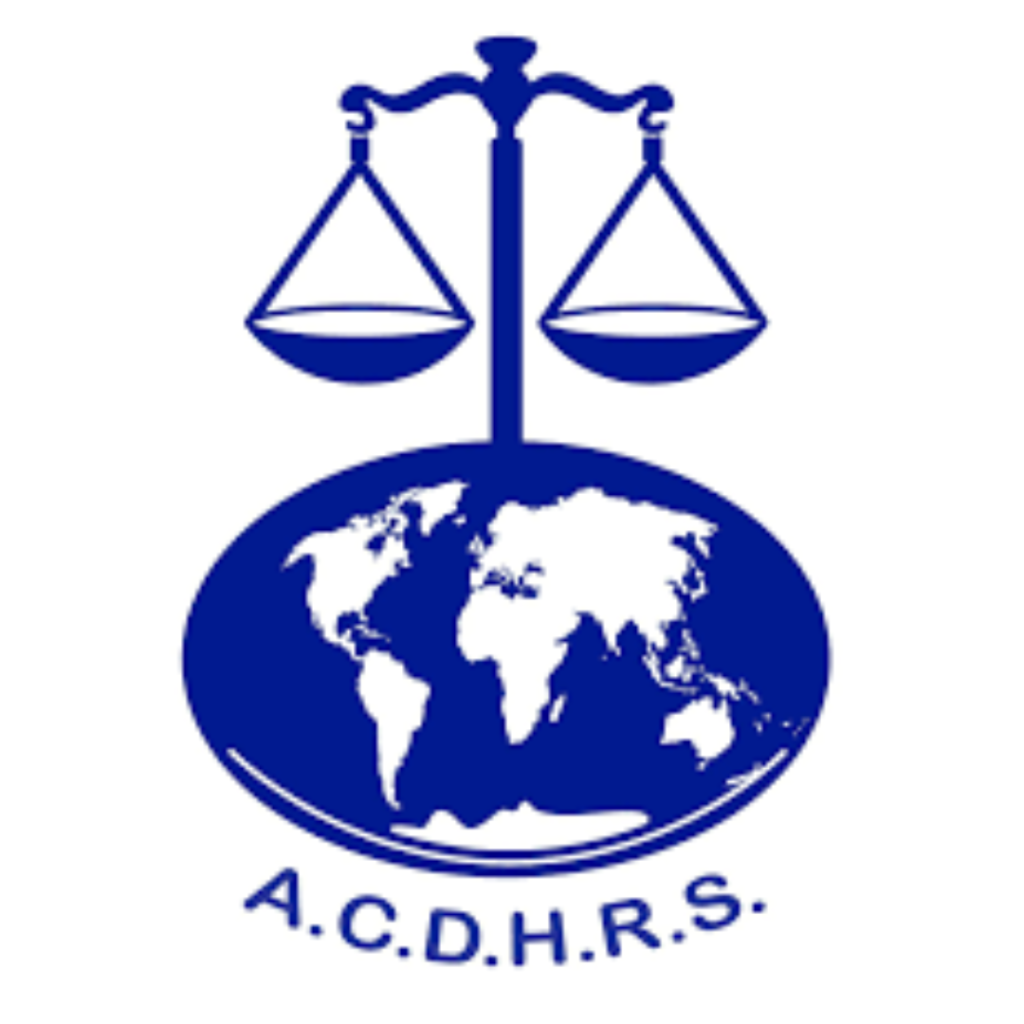
Winner: African Center for Democracy and Human Rights Studies (ACDHRS)
Through their advocacy, research, and engagement with policymakers and regional bodies, ACDHRS contributes to policy changes that advance gender equality in Africa. By focusing on gender mainstreaming, women’s political participation, legal reforms, combatting GBV, and women’s economic empowerment, ACDHRS works towards creating an enabling environment for gender equality and women’s rights across the continent. The organization engages in advocacy for legal reforms that promote gender equality and protect women’s rights. They advocate for the enactment or amendment of laws to address issues such as gender-based violence, discrimination, access to justice, and women’s property and inheritance rights. ACDHRS pushes for legal frameworks that are gender-responsive and in line with international human rights standards.
ACDHRS has played a significant role in advocating for the ratification and implementation of key human rights instruments at the national level. This includes encouraging African countries to ratify international human rights treaties such as the African Charter on Human and Peoples’ Rights, the Convention on the Elimination of All Forms of Discrimination Against Women (CEDAW), and the Protocol to the African Charter on Human and Peoples’ Rights on the Rights of Women in Africa (Maputo Protocol).
The organization has supported the establishment and strengthening of national human rights institutions (NHRIs) in various African countries. They have advocated for the adoption of laws that provide NHRIs with a solid legal mandate, independence, and adequate resources to effectively promote and protect human rights at the national level.
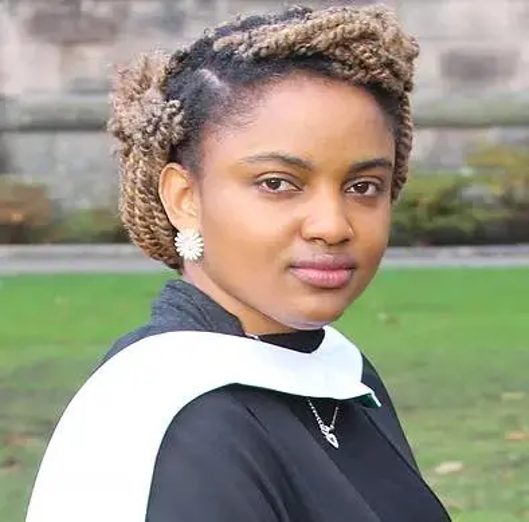
Runner-up: Zoneziwoh Mbondgulo-Wondieh
Zoneziwoh Mbondgulo-Wondieh is an award-winning feminist, humanitarian, storyteller and researcher with over ten years of experience in gender and digital activism, movement building, policy advocacy and youth leadership. She is the Executive Director at Women for A Change in Cameroon. She designs, directs and executes programs for advancing women and girls’ sexual and reproductive health rights, leadership, and empowerment. Her advocacy involves creating spaces for women and girls to engage with policy and decision-makers at the highest levels, including the Commission on the Status of Women (CSW), and translating and raising awareness on national and international women’s rights protocols and frameworks, including the Maputo protocol and the Beijing Platform for Action. Zoneziwoh holds a BSc in Environmental Science, an MSc. in Sex, Gender and Violence and a PhD in Conflict Resolution.
Normative Change Award
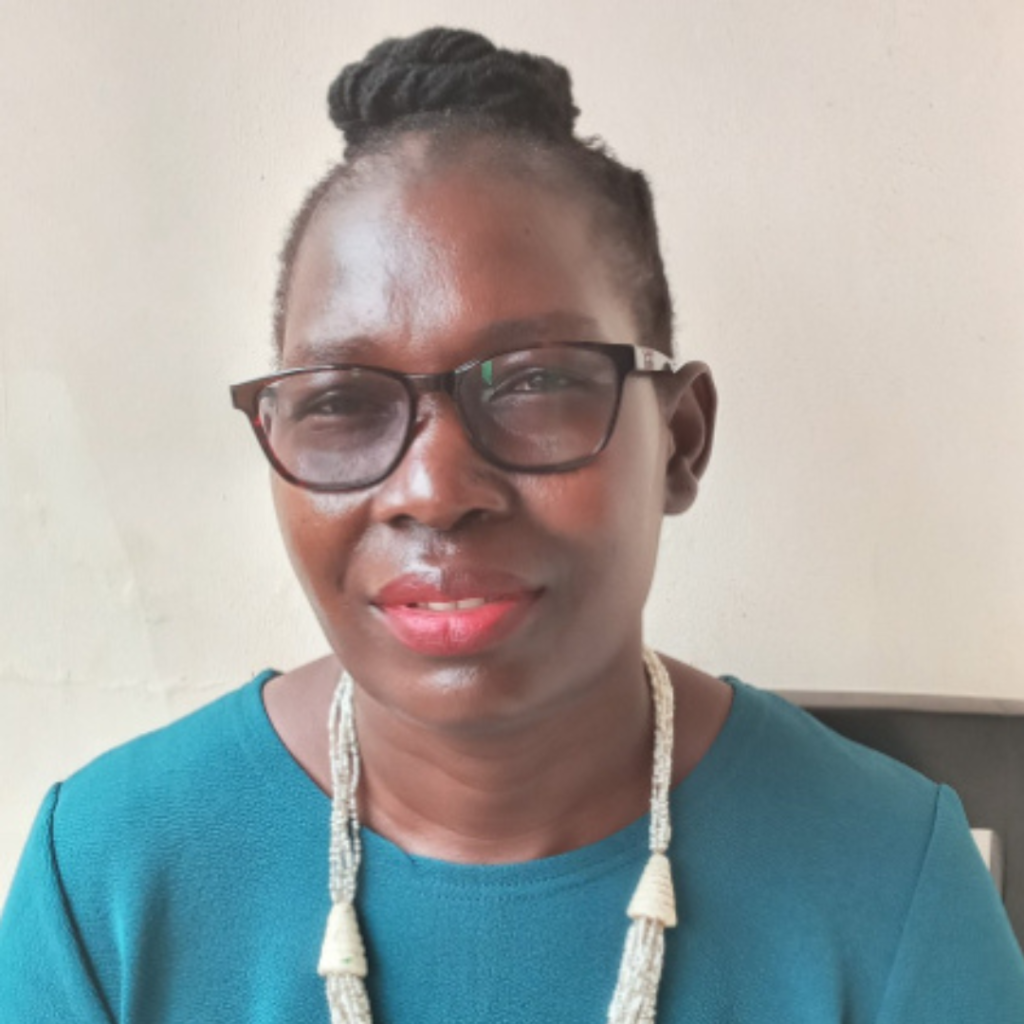
Winner: Josephine Chandiru Drama
Josephine Chandiru Drama is the Director of Steward Women, a women-led organisation in South Sudan. She is a 2013/2014 Award recipient of the Women, Peace and Security Fellowship for African Women.
Her work is particularly focused on justice for CRSV & SGBV victims. She supported the prosecution of the first child marriage case in South Sudan. She is a passionate women’s rights advocate who championed the Maputo Protocol in South Sudan by tirelessly mobilising support to amplify the campaigns towards the ratification of the Women’s Rights Protocol.
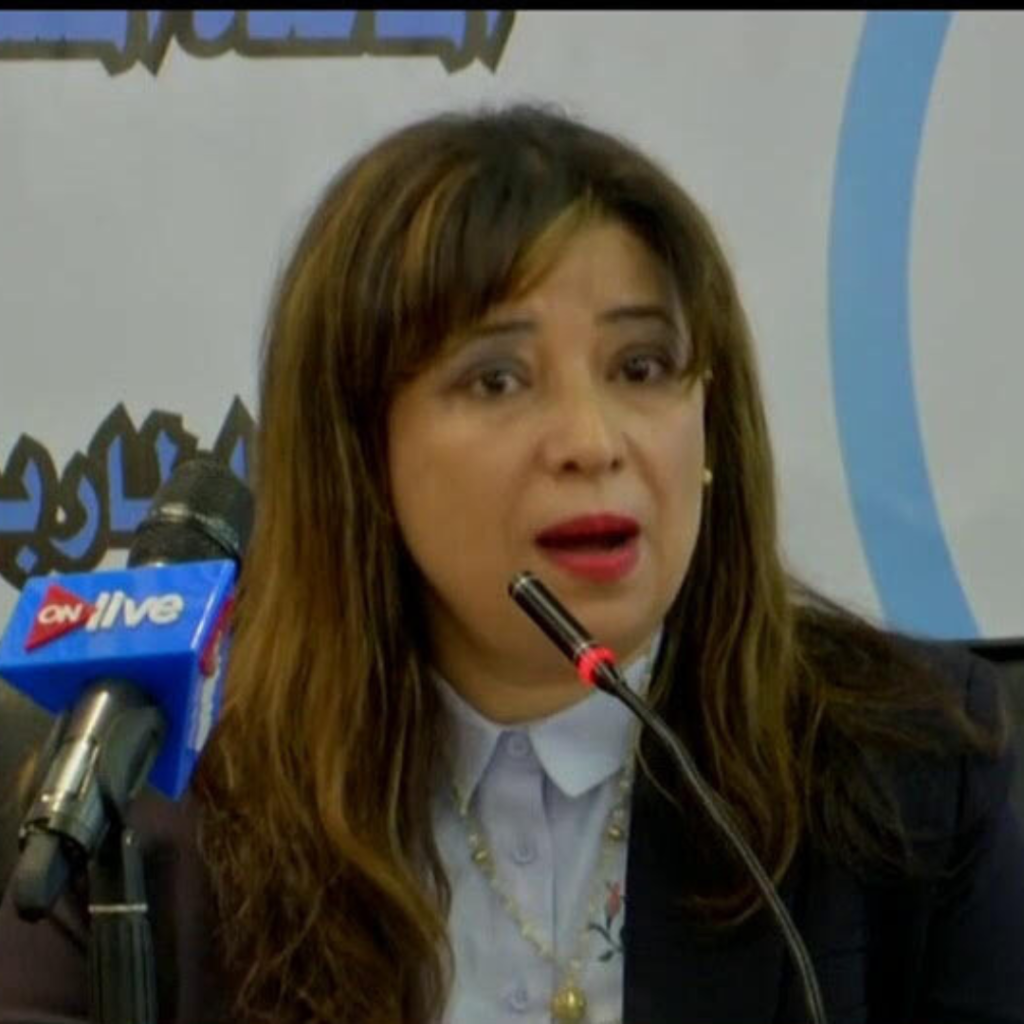
Runner-up: Rabha Fathi
A member in the National Council of Human Rights, and her organization was the first partner in SOAWR – Egypt. For years, Rhaba has pushed for the Maputo Protocol to be signed and ratified by her country. Through her organization Rhaba Fathy has raised public awareness on the importance of the Maputo Protocol. She has noted that Egypt has it’s own legal framework and policies that address women’s rights and gender equality that provide fertile ground for the Protocol to be signed to allow for accountability. Through consistent advocacy efforts, Fathy has managed to unlock rather challenging dialogue channels with high-level decision makers in the government. So far, through her efforts and of many others, the Maputo Protocol is being considered for ratification.
SRHR Award
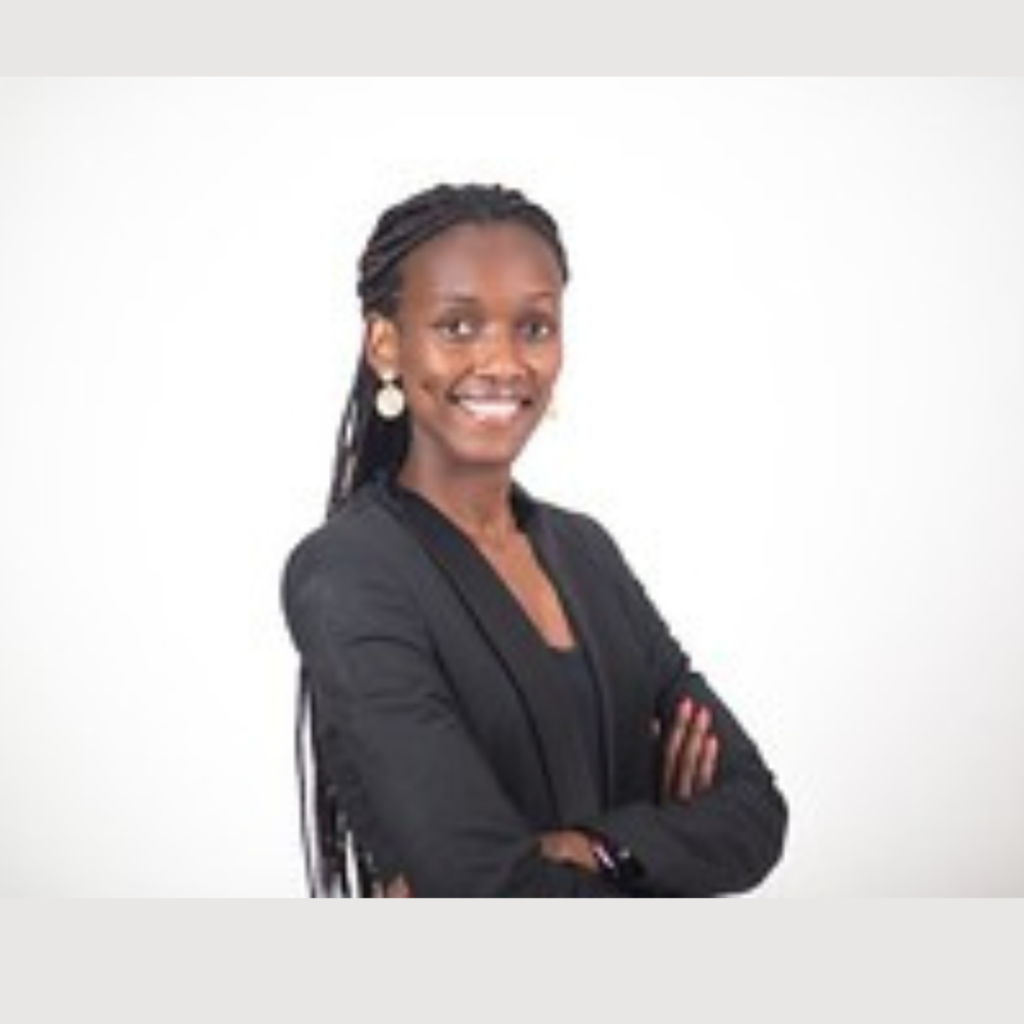
Winner: Ingabire Divine
Divine Ingabire is the founder and executive director of I Matter, an organization that seeks to end period poverty and menstrual shame in her country. Since 2019 I Matter Initiative has been working with women and girls across the country, their contributions have played a significant role in advancing women’s rights and aligning with the principles of the Maputo Protocol at both national and continental levels.
They have actively worked towards promoting gender equality and addressing key issues that affect women’s well-being. At the national level, the organizaiton’s efforts have focused on addressing issues women and girls face that hindered their educational opportunities By providing free sanitary products, including pads, Soaps, and period underwear and educational materials (Booklets), they have enabled girls to attend school regularly, breaking down barriers This direct intervention promotes gender equality by ensuring that girls have equal access to education, a fundamental aspect of women’s rights discrimination against women and ensuring their access to healthcare and reproductive rights.
In addition, they published a book, “Akanigi Kanjye,” that addresses essential topics related to menstrual health, hygiene, and sexual and reproductive health rights. By distributing this book and providing Braille versions for inclusivity, they have raised awareness and empowered women and girls to make informed decisions about their health and well-being. These efforts align with the Maputo Protocol’s focus on promoting and protecting women’s rights in the areas of health and reproductive rights.
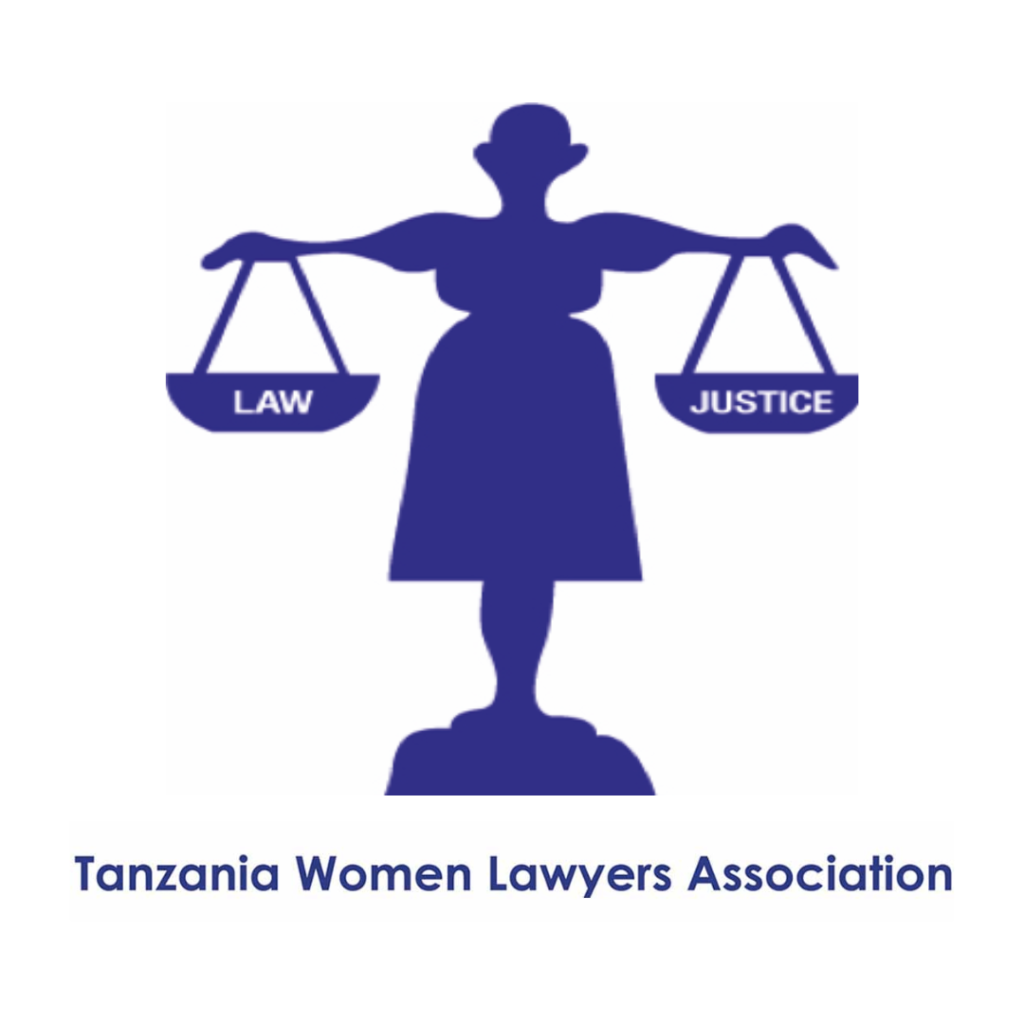
Runner-up: Tanzania Women's Lawyers Association (TAWLA)
The Tanzania Women Lawyers Association (TAWLA) is a Non-Governmental Organization. The organisation’s aims and objectives are to advocate for gender equality, the promotion of human dignity, and gender justice through policy, legal and institutional reforms, community action, and media engagement. In this context, TAWLA envisages a society that respects and upholds women’s rights; her mission is to advance women as champions in promoting and protecting the rights of women and good governance through legal empowerment. Furthermore, TAWLA has played a significant role in advancing sexual reproductive health and rights (SRHR) in Tanzania. TAWLA has successfully formed the Coalition to Address Maternal Morbidity and Mortality caused by unsafe Abortion and its Complications (CAMMAC) by collaborating with like-minded organisations. Notable initiatives undertaken by TAWLA include training media professionals on reporting unsafe abortion, engaging policy and decision makers to support the domestication of the Maputo Protocol and empowering CAMMAC members to navigate challenging legal landscapes. Additionally, TAWLA facilitated a knowledge-sharing visit to Kigali and established a Legal Support Network for private service providers. TAWLA’s efforts also encompassed gender-sensitive budgeting training for local government officials and community dialogues focusing on the complications of unsafe abortion. Through these comprehensive actions, TAWLA has been instrumental in fostering positive changes in norms, institutions, and attitudes regarding SRHR in Tanzania. TAWLA’s work encompasses raising awareness, building capacity, and advocating for the protection and upholding of individual rights.
Inclusion & Diversity Award
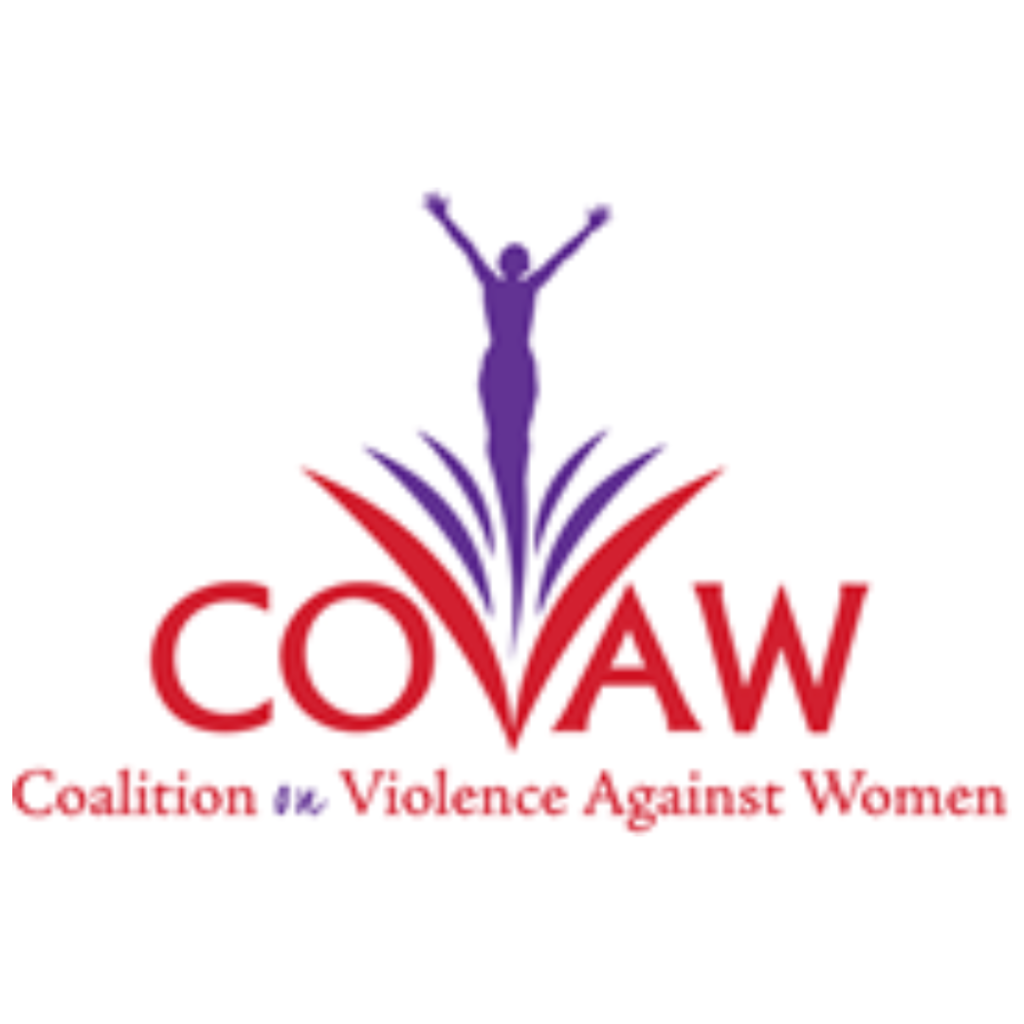
Winner: Coalition on Violence Against Women (COVAW)
The Coalition on Violence Against Women (COVAW) is a national non-profit feminist women’s rights organisation that was established in 1995 to respond to the silence of Kenyan society in addressing Violence Against Women and Girls (VAWG). COVAW’s vision is a society where women and girls enjoy equal rights, freedoms and thrive in safe spaces. Our mission is to champion the rights of women and girls to be free from all forms of violence. COVAW has been vocal about delayed justice for SGBV survivors in Kenyan courts through targeted advocacy to the judiciary and recently launched a report on DELAYED.DENIED: Legal and Administrative Bottlenecks to Effective and Efficient Delivery of Justice in Kenyan Courts for Survivors of SGBV.
This study was premised on the experiences of survivors of SGBV living with disabilities. Related, COVAW has an active strategic litigation case seeking the repeal of Section 146 of the Penal Code and Section 125(2) of the Evidence Act of Kenya that discriminates against persons with intellectual challenges by referring to them as idiots and imbeciles. COVAW led a consortium of organisations in filing a constitutional petition seeking reparations for SGBV victims during the 2007/2008 post-elections violence. 13 years later, in December 2020, the High Court of Kenya passed judgment in favour of the petition, awarding compensation to some of the victims. COVAW has filed an appeal for the rest of the survivors who were left out of the compensation consideration.
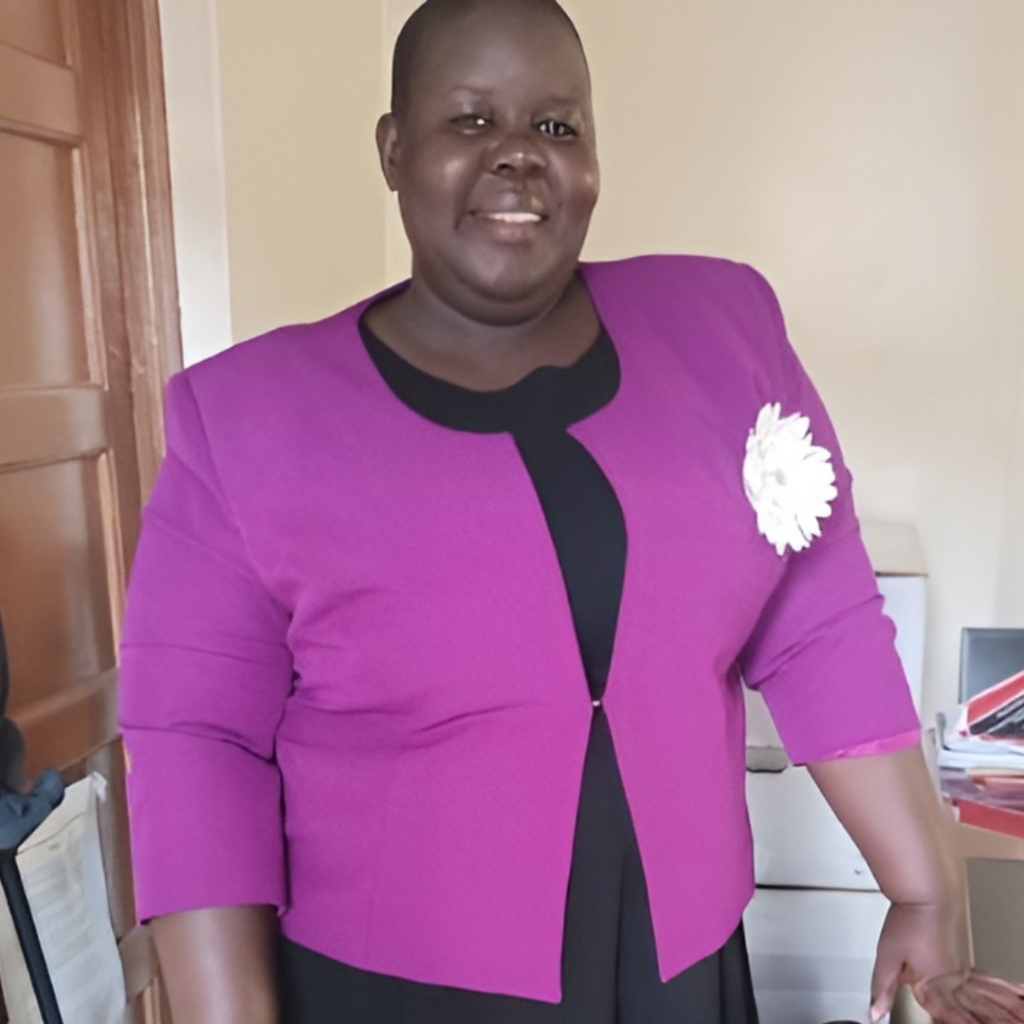
Runner-up: Hon Caroline Awuor Agwanda
Caroline is a champion of women and girls with disability inclusion. She has been a facilitator on the inclusion of women and girls with a disability at international conferences organised by the African Women’s Development and Communication Network (FEMNET).
Through her activism, she has initiated a module of Forum for African Women Educationalists (FAWE) with disability mainstreaming in the women’s participation in the political process training manual as well as empowering more than five hundred women with disabilities to do business. Caroline has won the economic justice Award in Egypt and the UN Innovation Award for investing in the use of water hyacinth weed for women with disabilities. She has been a speaker at several UN conferences like CSW67, the Conference of State Parties on the Rights of People with Disabilities, World United Cities and local government international conferences, and the World Women with Disabilities conference in Korea, where she did a presentation at the best practice on the inclusion of women and girls with disability as per the global legal framework. She was among UN Women’s 50 Journeys stories of courage and transformation from women political leaders in Kenya.- Transforming the counties and beyond.Won National diversity and inclusion champion of Rights of people with disability.
Women's Political Rights
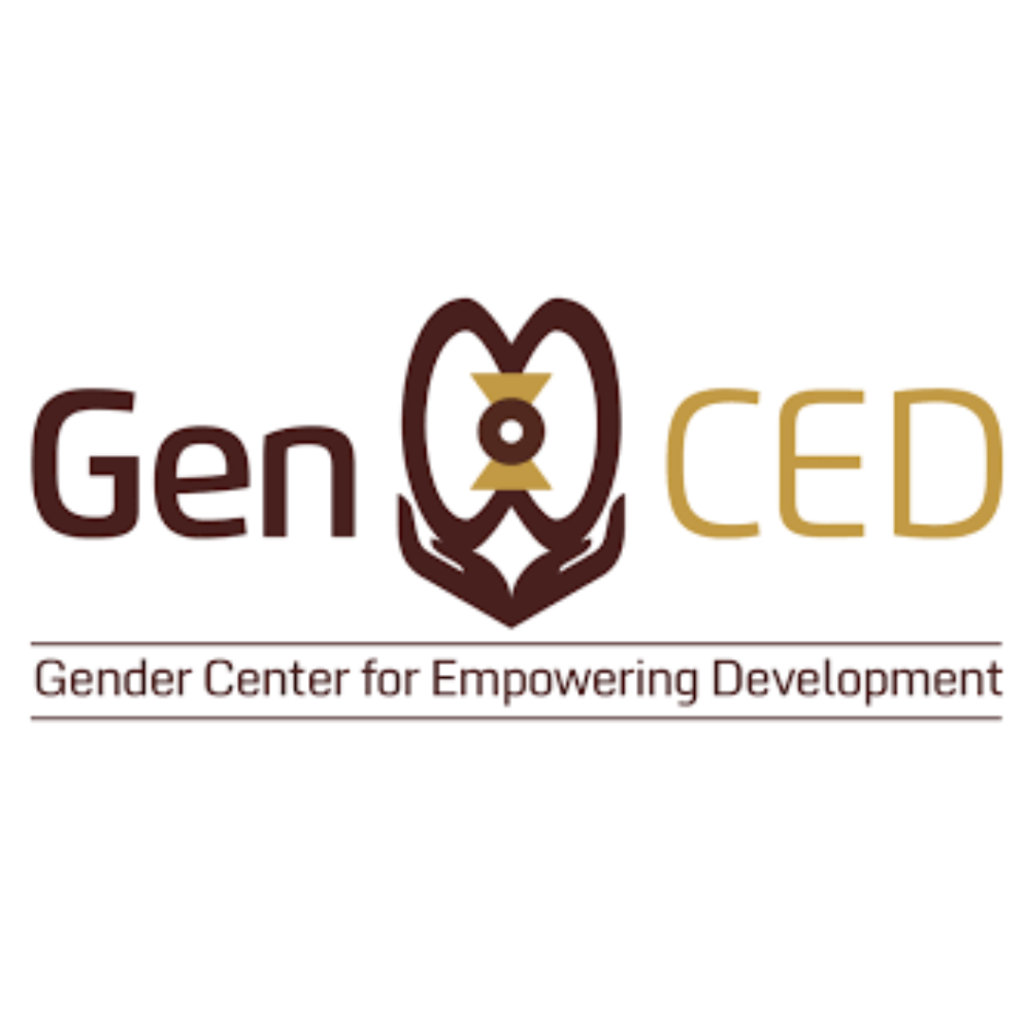
Winner: Gender Centre for Empowering Development (GenCED)
GenCED was the first CSO to have a scorecard on the protocol in Ghana and trained others during the Gender Is my Agenda Campaign (GIMAC).The organization has a west African young woman political leadership school where young women are groomed to run for office in 7 ECOWAS countries, have west African young women in politics forum where young women from the ECOWAS region meet annually to discuss how they can improve on the political participation of young women in the region. Worked with Trade Union Congress to work on SGBV at the workplace led to development of a policy to address it.
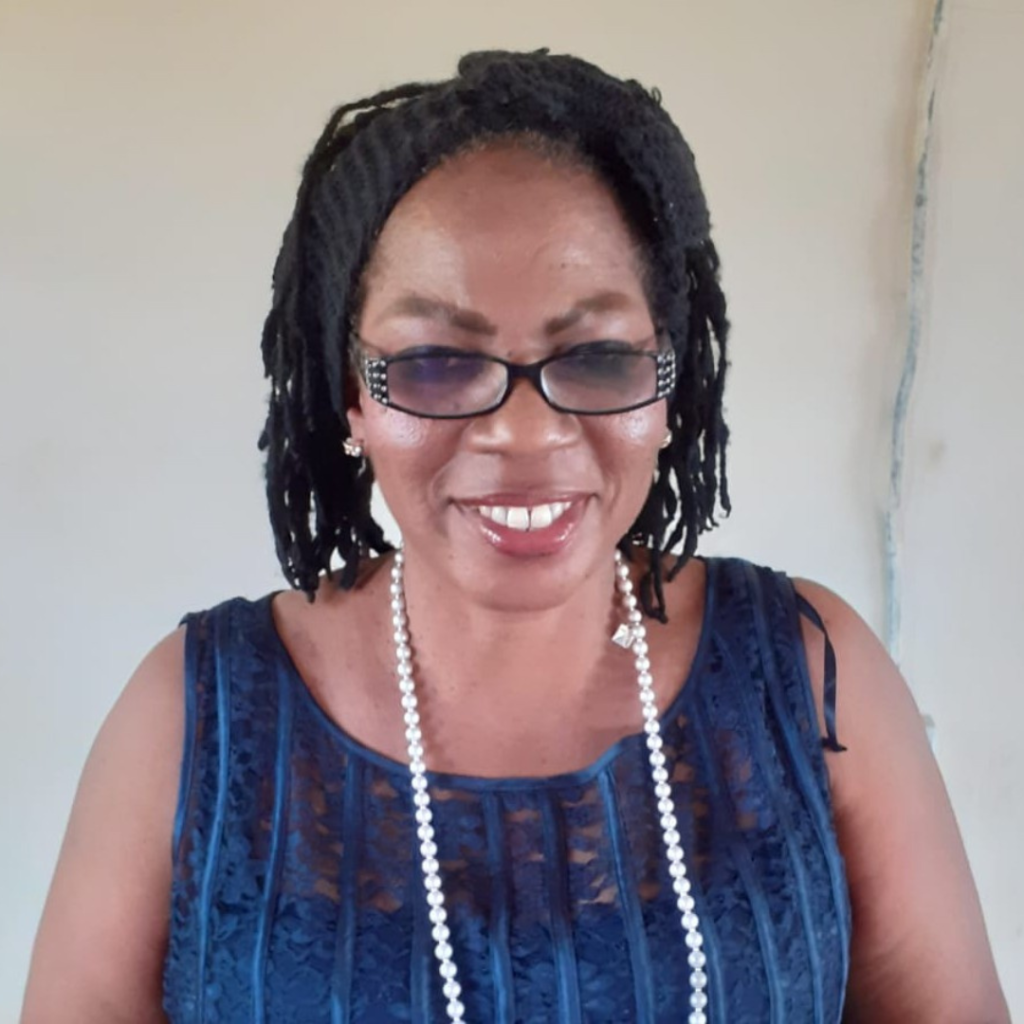
Runner-up: Florence Ikuvbogie Gbinigie
Florence has dedicated over a decade to advocating for women’s political rights in governance and policy-making entities. Her journey began in 1995 when she embarked on her work with the military, and her passion led her to play a pivotal role in the formation of the Forum of Nigerian Women in Politics (FONWIP) in 1996. Throughout her career, Florence has showcased unwavering resilience in bringing more women into the spotlight of political participation. Working closely with state actors, political party leaders, religious and traditional community leaders, women’s groups, and government institutions, Florence has championed the cause of women’s political empowerment.
Her efforts have focused on ensuring that women go beyond being mere spectators and become active players in the political landscape. Her grassroots mobilization efforts have resulted in a significant influx of women into politics and governance. Some political parties have even incorporated her recommendations into their party constitutions, including provisions for non-payment of nomination forms and a specified percentage of women’s representation at all levels of their executive structures. Recognizing her outstanding contributions, Florence was appointed as the Commissioner for Women Affairs in her home state of Edo by the governor. In this role, she used her position to further advance her work and achieved remarkable success. Her accomplishments have left a lasting impact on the landscape of women’s empowerment in Nigeria.
Access to Justice Award
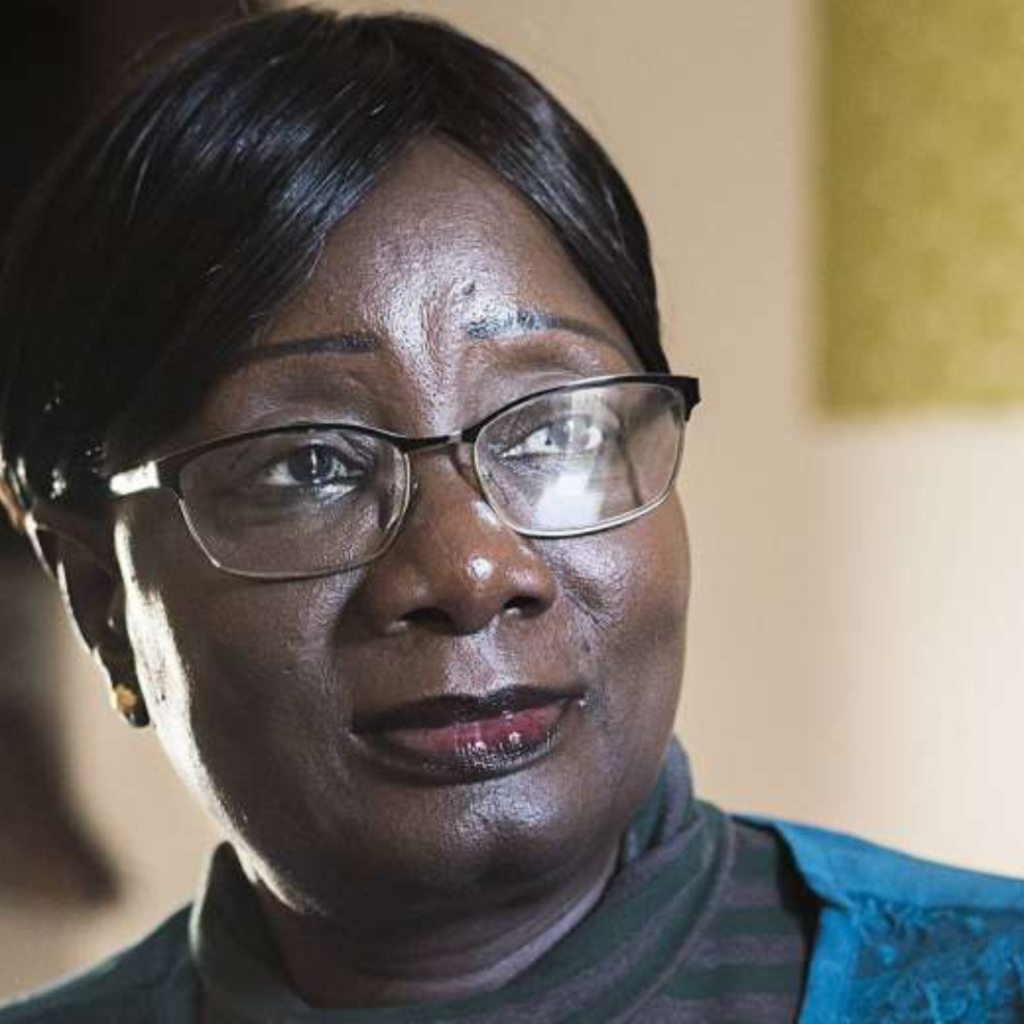
Winner: Mme Doumbia Mama Koite
Mama Koite is a trade unionist and former director of the National Commission of Working Women of Mali. Her role was to help with the appropriation of the various national, regional and international legal instruments relating to women’s rights in order to make them appropriate to women workers. She has organised female leadership training for young people, women and in political life, developed programs on certain rights of women and girls “education, citizenship, peace and security, protection of women and girls in conflicts, women and politics, harmful practices, climate change and trained and initiated many advocacy activities with Governments, trade unions, public and private decision-makers for the respect and application of rights in her country as well as in regional and international forums.
Mama Koite contributed to the popularisation of the Maputo Protocol in French and in the national languages of her country and the publication of Position Documents. In her position as President of FEMNET for 7 years, she has, in coordination with other women’s rights organisations and partners, set up the SOAWR Coalition for the monitoring and application of the Maputo Protocol in order to protect and promote the rights of African women. The advocacy and activism at the African Union Summits and at the United Nations during the CSW have led to the adoption of regional and international commitments by African and world leaders on the issue of gender equality and the fight against any form of discrimination against women and girls.
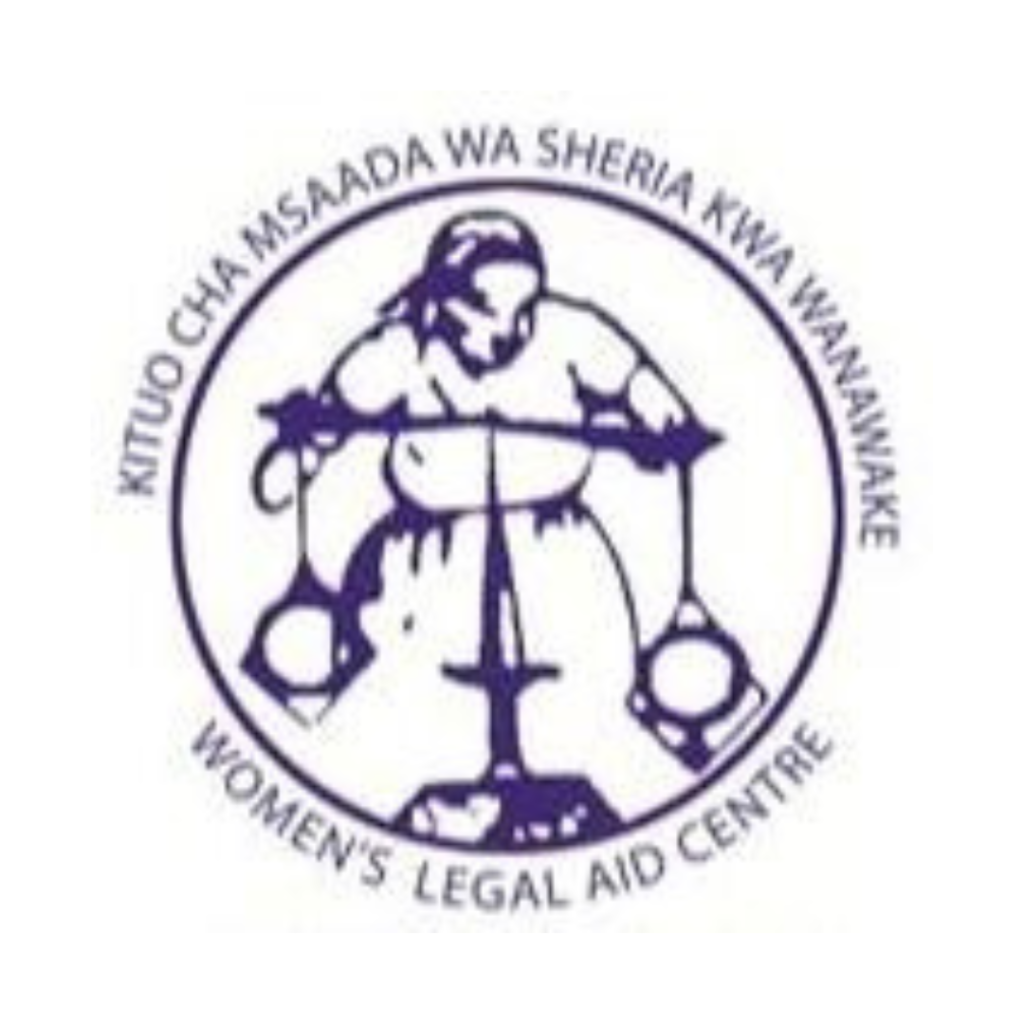
Runner-up: Women's Legal Aid Centre (WLAC)
WLAC has been involved in strategic litigation cases that have had a significant impact on women’s rights and gender equality in Tanzania. They have represented clients in landmark court cases, challenging discriminatory laws, and advocating for legal interpretations that promote women’s rights. Through strategic litigation, WLAC sets legal precedents that can positively impact the lives of women across the country. WLAC has actively campaigned for amendments to the Law of Marriage Act to address issues such as child marriage and polygamy.They have also advocated for reforms in land laws to protect women’s land rights and address gender disparities in land ownership and inheritance. They have lobbied for changes that recognize and safeguard women’s rights to own, inherit, and control land, ensuring that women have secure access to land and property. In addition, they have actively campaigned for the adoption and implementation of the Violence Against Women Act, which provides legal protections and remedies for survivors of domestic violence, sexual assault, and other forms of gender-based violence.
Beyond this, WLAC conducts public awareness campaigns and educational programs to raise awareness about women’s rights and empower women with knowledge of their legal entitlements. They organize workshops, seminars, and community outreach activities to promote gender equality, challenge harmful cultural norms, and provide information on legal avenues available to women. By increasing awareness, WLAC helps women understand their rights and build a more gender-equitable society.
Women's Economic Empowerment Award
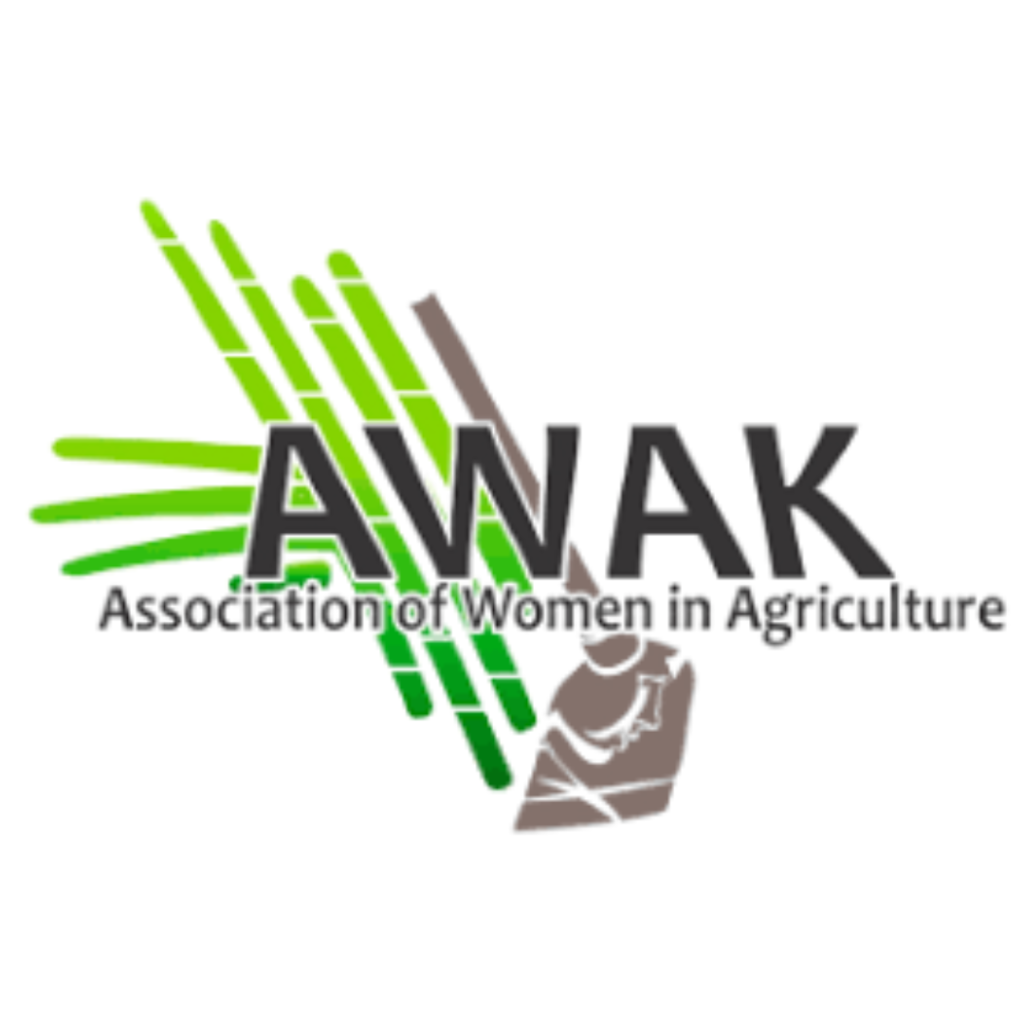
Winner: Association of Women in Agriculture Kenya (AWAK)
The Association of Women in Agriculture Kenya has made an exceptional commitment to economically empowering vulnerable women in urban slums through innovative training programs. They have successfully equipped more than 5000 women with skills in urban farming, baking, briquette making, business development, and mental health support, creating a transformative impact on their lives.
AWAK’s outstanding contribution lies in its comprehensive approach to economically empowering vulnerable women in urban slums. Their diverse training programs foster entrepreneurship, improve livelihoods, and enhance overall well-being. Association of Women in Agriculture Kenya’s dedication deserves recognition and appreciation for its transformative impact on countless lives, contributing to the sustainable development of urban slums and communities.
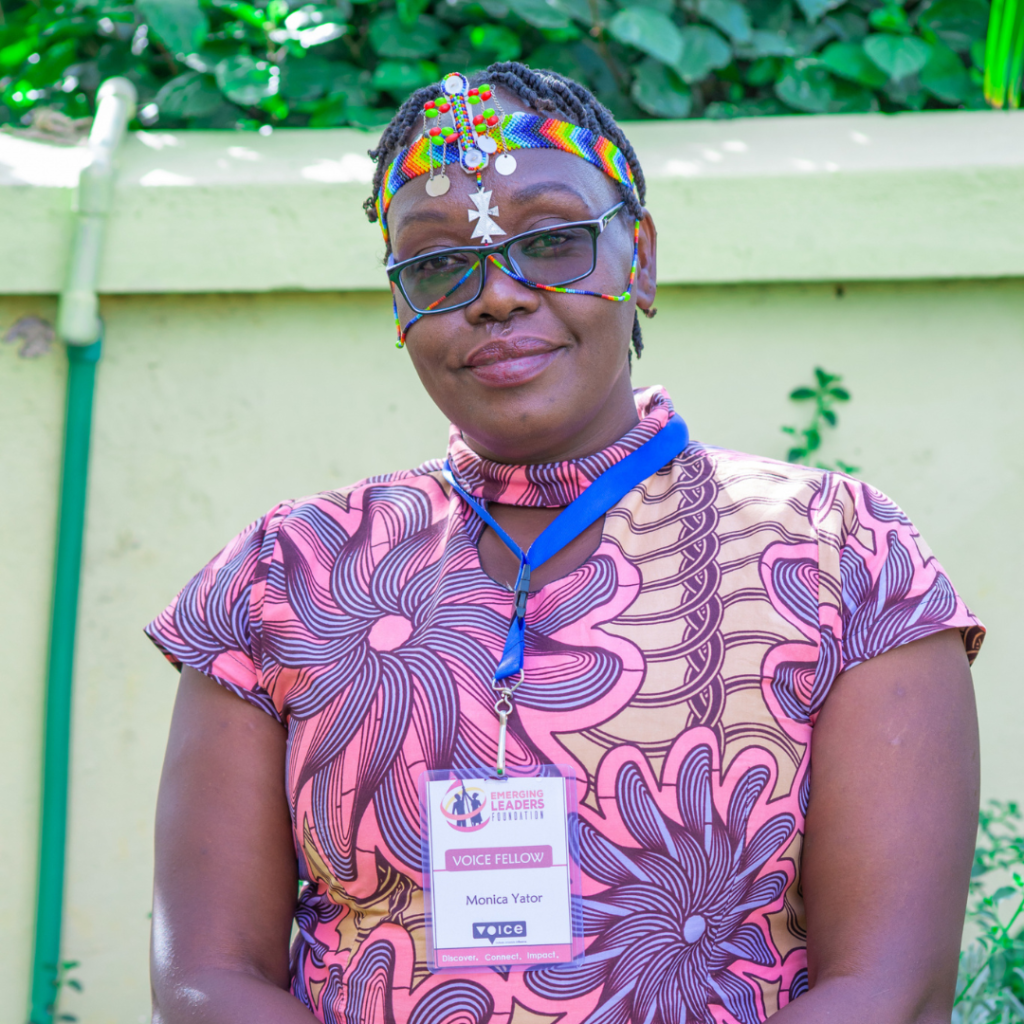
Runner-up: Monica Yator
WLAC has been involved in strategic litigation cases that have had a significant impact on women’s rights and gender equality in Tanzania. They have represented clients in landmark court cases, challenging discriminatory laws, and advocating for legal interpretations that promote women’s rights. Through strategic litigation, WLAC sets legal precedents that can positively impact the lives of women across the country. WLAC has actively campaigned for amendments to the Law of Marriage Act to address issues such as child marriage and polygamy.They have also advocated for reforms in land laws to protect women’s land rights and address gender disparities in land ownership and inheritance. They have lobbied for changes that recognize and safeguard women’s rights to own, inherit, and control land, ensuring that women have secure access to land and property. In addition, they have actively campaigned for the adoption and implementation of the Violence Against Women Act, which provides legal protections and remedies for survivors of domestic violence, sexual assault, and other forms of gender-based violence.
Beyond this, WLAC conducts public awareness campaigns and educational programs to raise awareness about women’s rights and empower women with knowledge of their legal entitlements. They organize workshops, seminars, and community outreach activities to promote gender equality, challenge harmful cultural norms, and provide information on legal avenues available to women. By increasing awareness, WLAC helps women understand their rights and build a more gender-equitable society.
SGBV, VAWG & Ending Harmful Practices Award
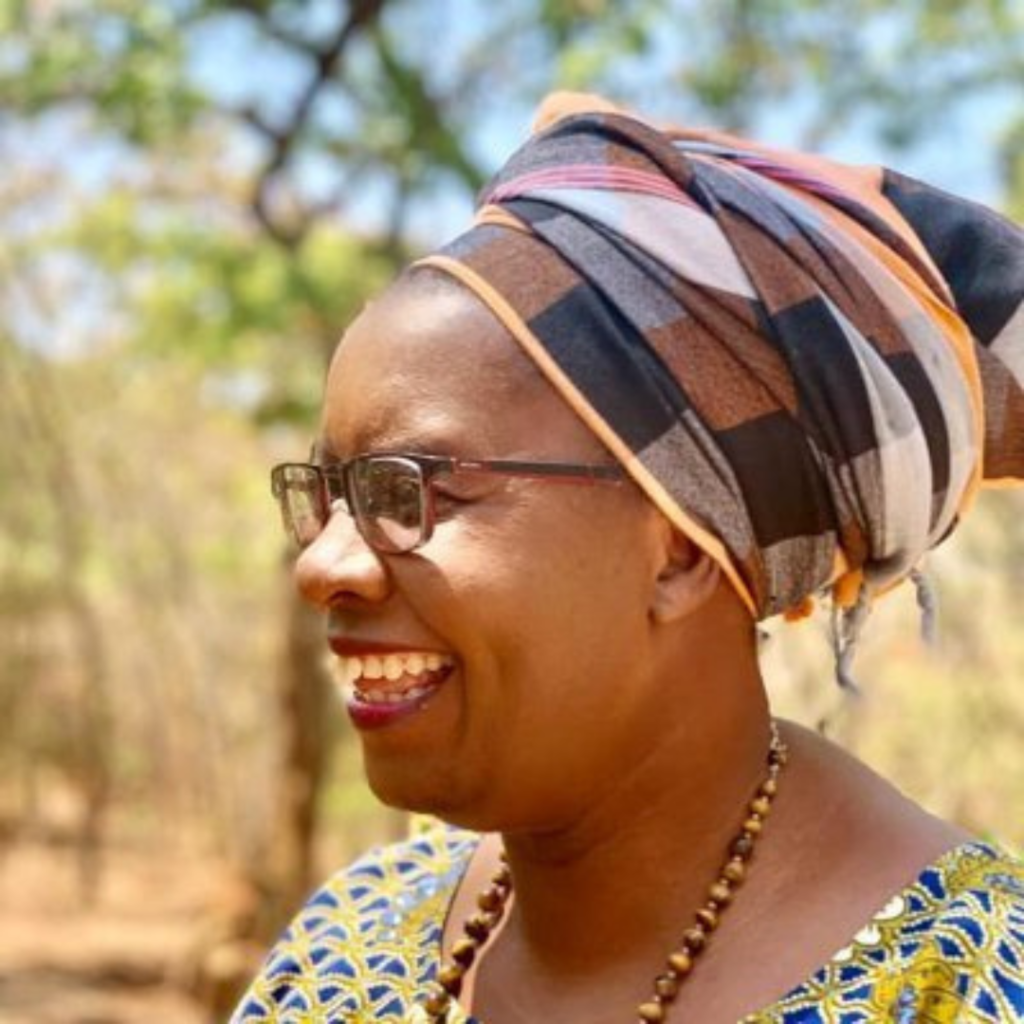
Winner: Dr. Nyaradzayi Gumbonzvanda
Dr. Nyaradyazai was involved in the advocacy for the development of a protocol on women’s rights in Africa. During the negotiations of the protocol, she was the Regional Director for UNIFEM (now UN Women) in East and Horn of Africa and actively participated in the processes with the African Union, the experts meeting and the policy session for adoption, providing both technical and financial support as an active member of the Zimbabwe Women Lawyers Association and WILDAF.
The Maputo Protocol has also been a galvanising instrument in her work with Rozaria Memorial Trust in Zimbabwe and through the Gender is My Agenda Campaign. She facilitated the development of a Guidance Tool for Regional Mechanism and Young Women in Africa, with support from partners such as SAT, IM Swedish, Plan and the BreakFree Consortium, thus bringing the ethos of Maputo Protocol to the young feminists and women’s rights advocates in local communities.
She was actively involved in popularising the protocol and actively participated in the SOAWR initiatives pushing for ratification. In the years that she served as the African Union Goodwill Ambassador on Ending Child Marriage (2014 – 2022), the Maputo Protocol has always been a critical reference point for prohibition of child marriage, violence against women and human rights issues.
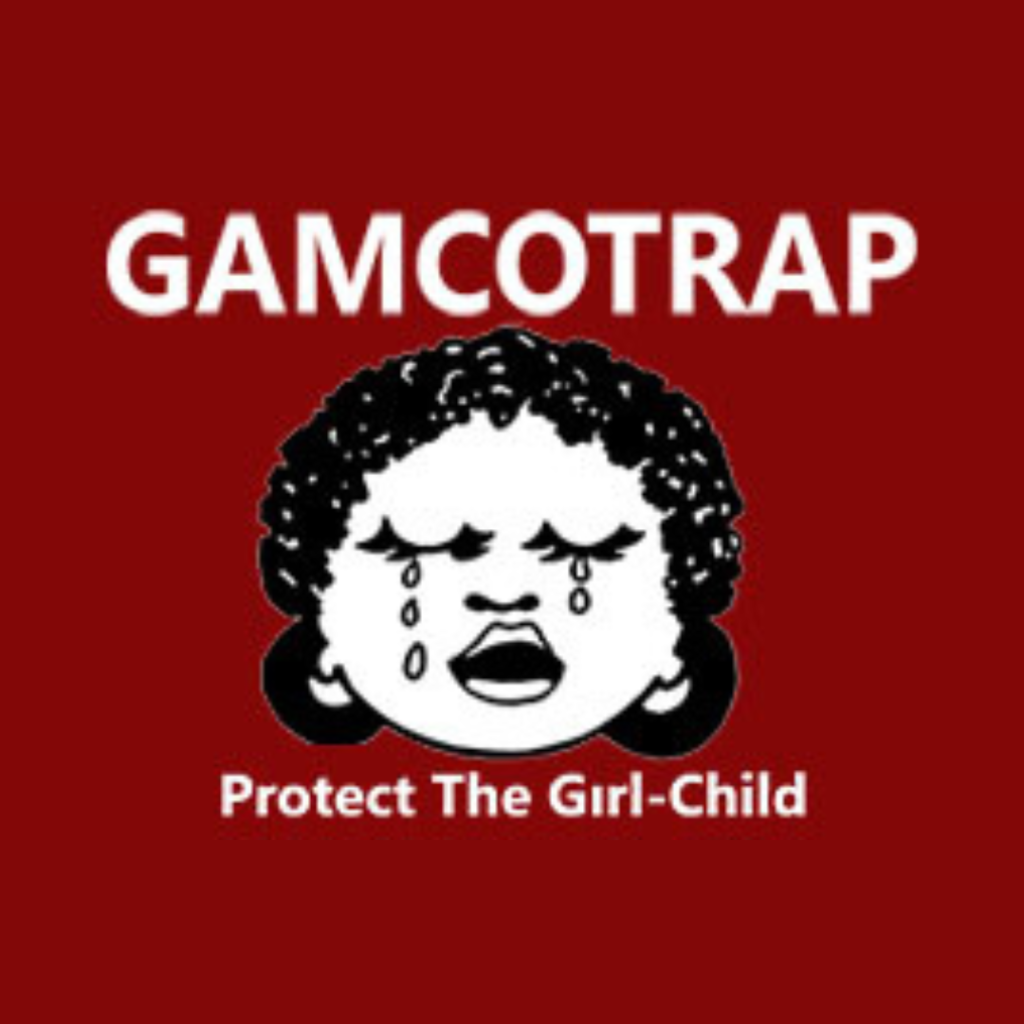
Runner-up: The Gambia Committee on Traditional Practices Affecting the Health of Women and Children
Established in 1985, Gamcotrap has been actively working to promote and protect the rights and well-being of women and children. Through their extensive advocacy, community engagement, and educational programs in The Gambia, the organization has made significant contributions to raising awareness about harmful traditional practices and promoting positive change for the health and rights of women and children in various communities.
More specifically, Camcotrap has been at the forefront of the fight against FGM in The Gambia. They continue to raise awareness about the harmful effects of this practice and have passionately advocated for its elimination. In 2015, Gamcotrap played a crucial role in advocating for legislation to ban FGM in The Gambia and as a result, the government passed a law criminalizing FGM, with penalties for those involved in performing or facilitating the practice. Further, Gamcotrap actively campaigns against child health, education and overall well-being.
While challenges and work remain, the organization’s efforts have contributed to a greater understanding of the harmful effects of FGM and Child Marriage and have helped in reducing its prevalence in the country.
Young Women's Award
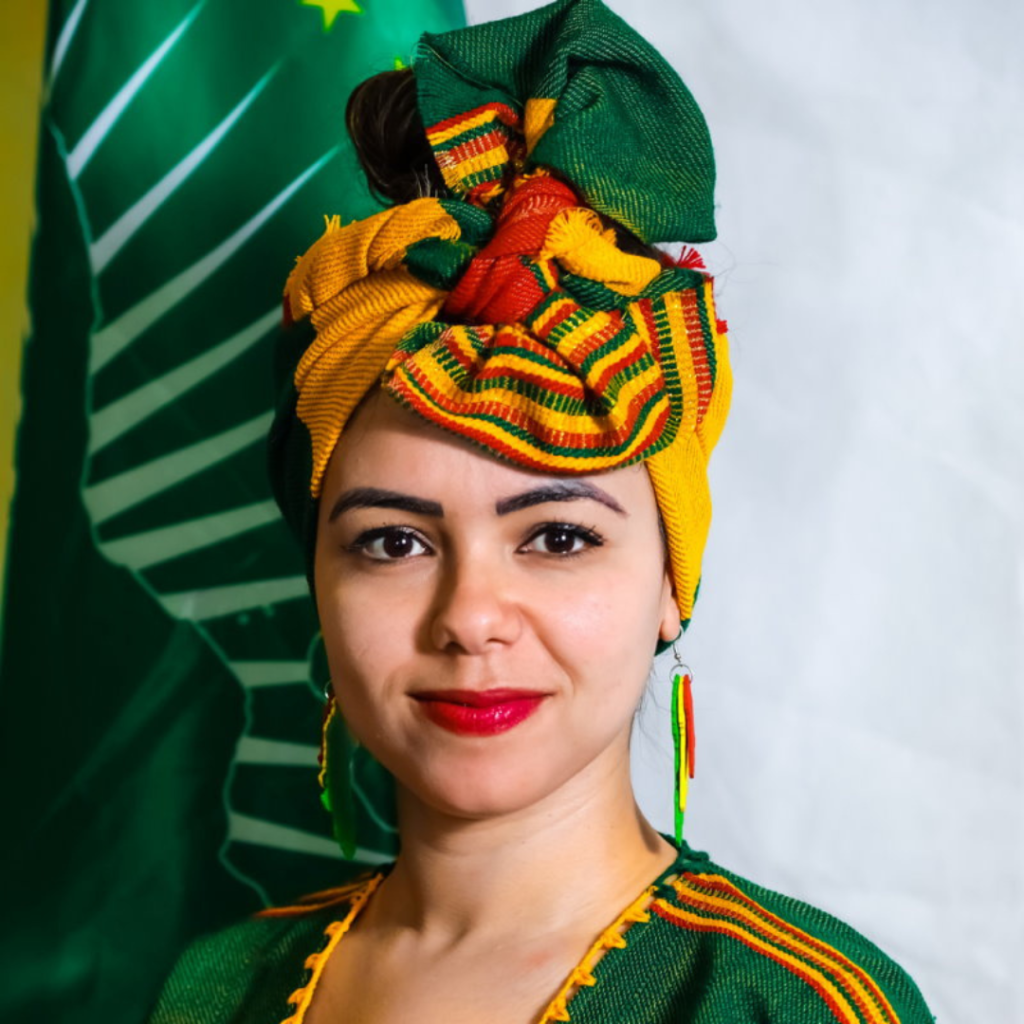
Winner: Aya Chebbi
Aya Chebbi is a Pan-African feminist and diplomat whose mission is the liberation of African women and girls. She rose to prominence as a voice for democracy during 2010/2011 Tunisia’s peaceful Revolution. She then served as the first-ever African Union Special Envoy on Youth and the youngest diplomat at the Chairperson’s Cabinet (2018 – 2021). In this role, she is known for pioneering the concept of “Intergenerational Co-leadership” – a generational approach to empower young women to occupy leadership positions they deserve. She has single-handedly transformed the youth leadership space across Africa and impacted over one million young people. On gender advocacy, Aya has also widely mobilised young women resulting in the groundbreaking political document, Africa Young Women Manifesto. She is the Founder and President of Nalafem Collective, one of Africa’s largest multigenerational platforms of women politicians and activists united behind transformative feminist change.
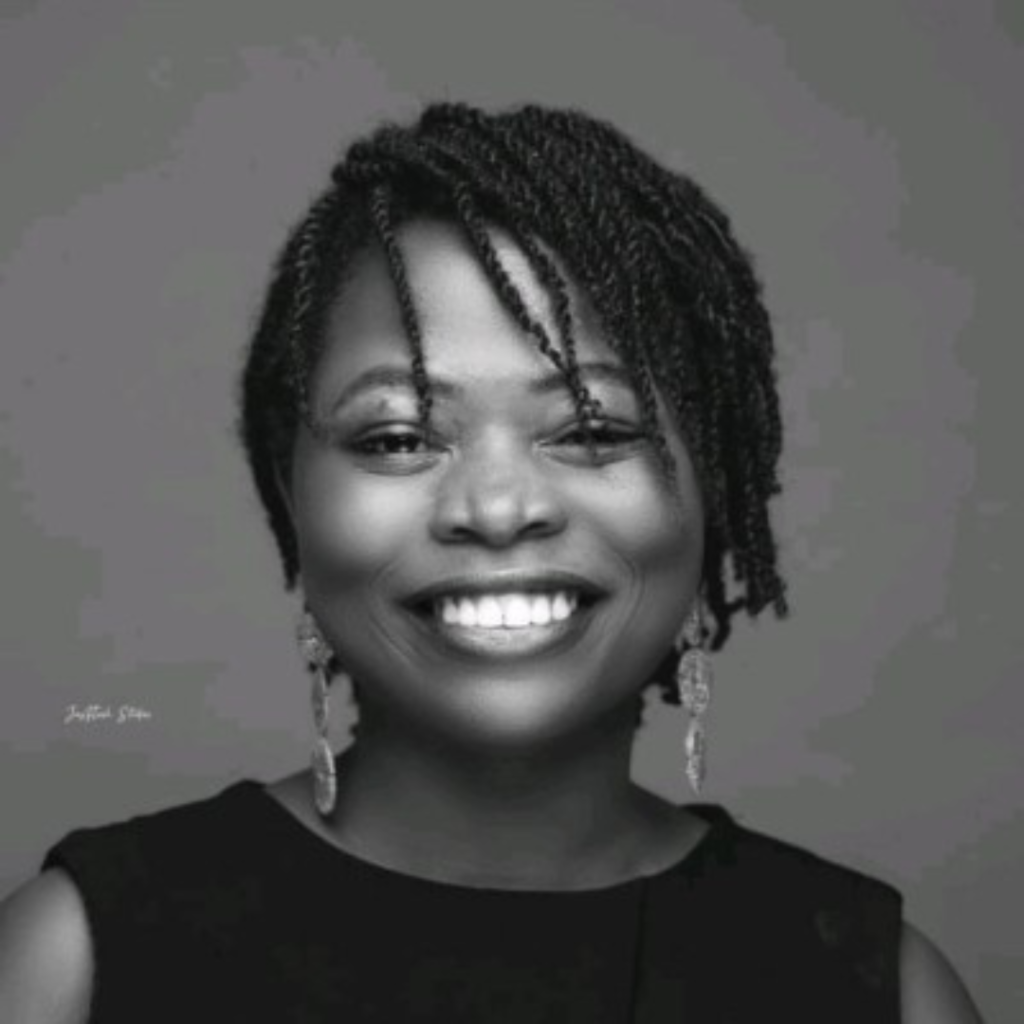
Runner-up: Oluwadamilola Dorcas Akintewe
Oluwadamilola Akintewe is a passionate feminist who champions for women’s rights, equity and justice. She has worked and volunteered with several organisations within Africa, including UNICEF, EU Spotlight Initiative and Invictus Africa. In 2018, she founded PROJECT REBIRTH, which promotes economic development in marginalised communities and Internal Displacement Camps, providing women with skills training, mentorship, and resources (soft loans) to start their own businesses and improve their livelihoods.
She also runs Forbidden Topics, a feminist collective that amplifies young women’s voices on SGBV and SRHR. Forbidden Topics leveraged evidence-based advocacy across 25+ countries in a solidarity movement for policy reforms, for which she was awarded the Princess Diana Award and Margaret Ekpo Fellowship.
Oluwadamilola was a finalist in the Inaugural Global Student Prize and One Young World ambassador for gender equality. In 2021, I was nominated by Her Network as a “Woman of the Future” My passion for gender equality is rooted in my own experiences growing up in a farming settlement, losing 2 years of university due to economic limitations and experiencing gender violence on campus. These experiences became a catalyst for action, building bridges between individuals and communities and showing that young people have the power to create positive social change and make a difference in the world
Congratulations to all our winners and runners-up! Share the awards here:





